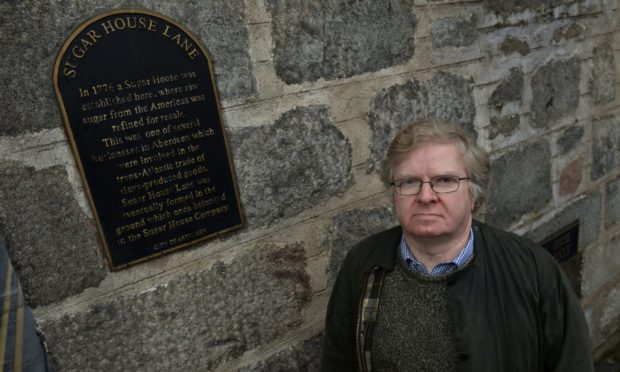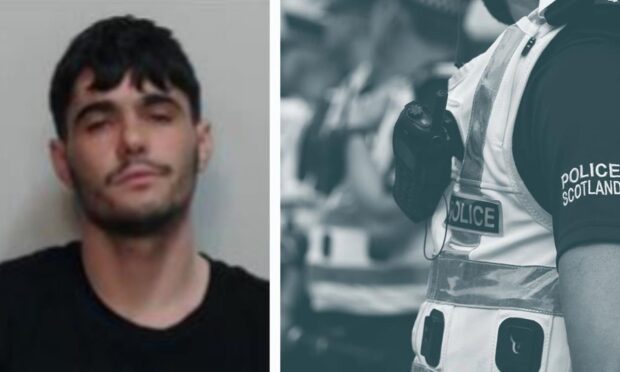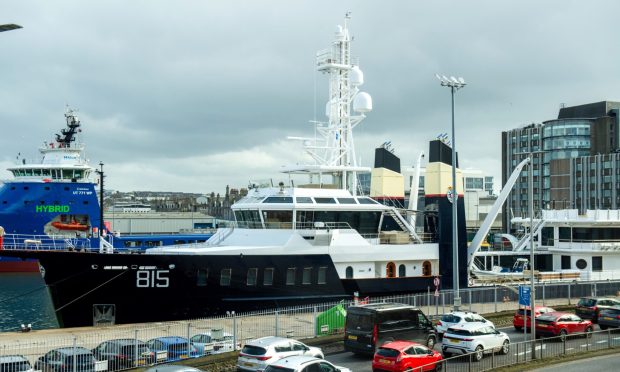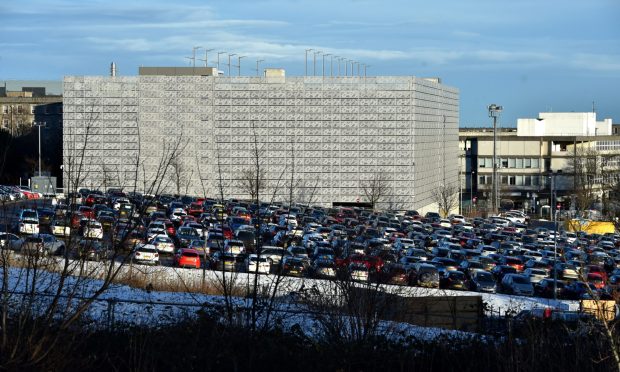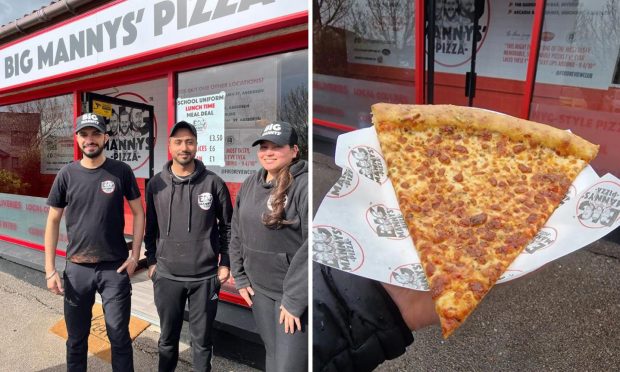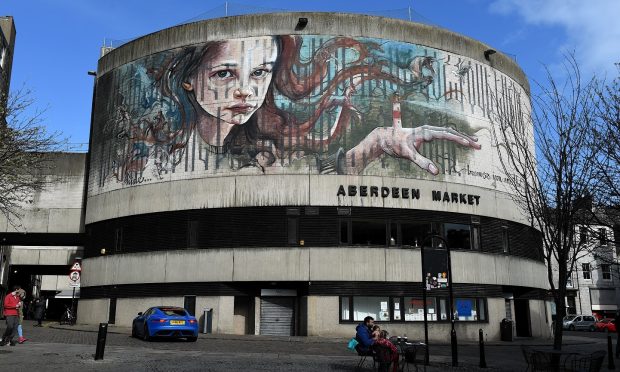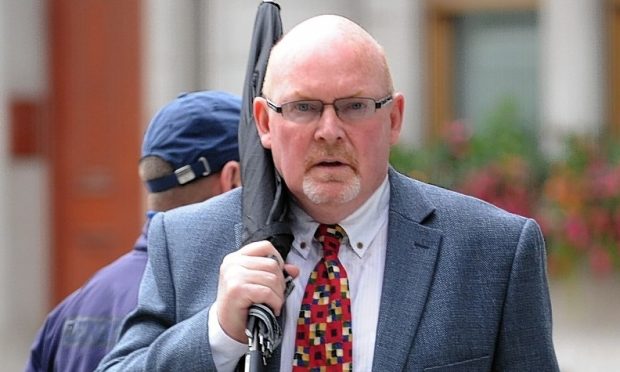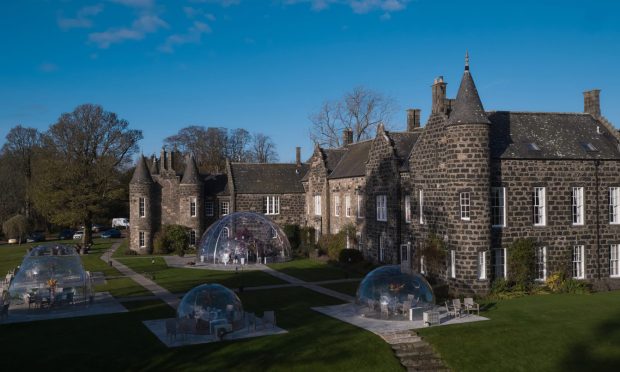Aberdeen street names linked to “horror of slavery” could be highlighted in a new project.
Councillors will next week discuss calls to put up information plaques at sites which, despite being thousands of miles from the plantations, are connected to slavery and its products.
Liberal Democrat group leader Ian Yuill has suggested the move to educate the public on the city’s involvement in the shameful trade.
Plaques could be erected in spots including Virginia Street, though Mr Yuill is asking the council to try and identify all sites associated with slavery as part of the project.
Sugarhouse Lane, near the harbour, has the city’s only sign of involvement in slave products – noting its use as a refinery until the end of the 18th Century.
Mr Yuill told The P&J: “This is to explain the reasons behind the particular street names and how it all links to the horror of slavery – and how it affected somewhere as remote from the Americas as Aberdeen.
“It’s important all communities – not just Aberdeen – front up to this and these street names are a good mechanism to do that.”
The north-east’s slave trade links and how Fettercairn was at the heart of a slavery ’empire’
It comes as the world addresses the historic exploitation of enslaved Africans, coinciding with an explosion of support for the Black Lives Matter movement this year after the death of George Floyd.
Awakening many to the far-reaching impact of British colonialism, it led some to drastic action such as the toppling of a statue commemorating Edward Colston into Bristol’s harbour.
In Aberdeen, hundreds took part in a Black Lives Matter “poster protest” – a peaceful means of showing the appetite for change, bearing in mind the need for social distancing.
Organiser Mae Diansangu said: “The plaques would be interesting to see and something we can learn from, as removing street names won’t change the past.
“It’s a positive thing but I would hope there will be energy and money spent on making this part of the curriculum, which is more important.
“Making sure children learn about British colonialism is very important.”
But, Miss Diansangu was less supportive of Mr Yuill’s desire to address 18th Century enslavement of north-east children, which he admits happened on a “much smaller scale”.
The Airyhall, Broomhill and Garthdee councillor has designs on a plaque noting that kidnapped local youngsters were kept in a house on the Green before being shipped overseas to work on American plantations.
She said: “It’s important to understand slavery in all contexts but there was a very specific set of conditions which led to the enslavement of Africans and people in the Caribbean, underpinned by centuries of racism, colonialism and eugenics so maybe it is confusing the two slightly.
“Obviously all slavery is bad but if you want to talk about why black lives matter then you have to know the distinct historical context which makes the issues different.”
Mr Yuill did emphasise his endeavour was “predominantly about black people”, adding: “Slavery obviously overwhelmingly destroyed African cultures, causing millions to be shipped overseas and it’s a shameful part of UK and world history.
“While there is also the issue in Aberdeen of white slaves, this is principally about our city’s contribution to the slavery of Africans and our use and processing of the products of that.”
